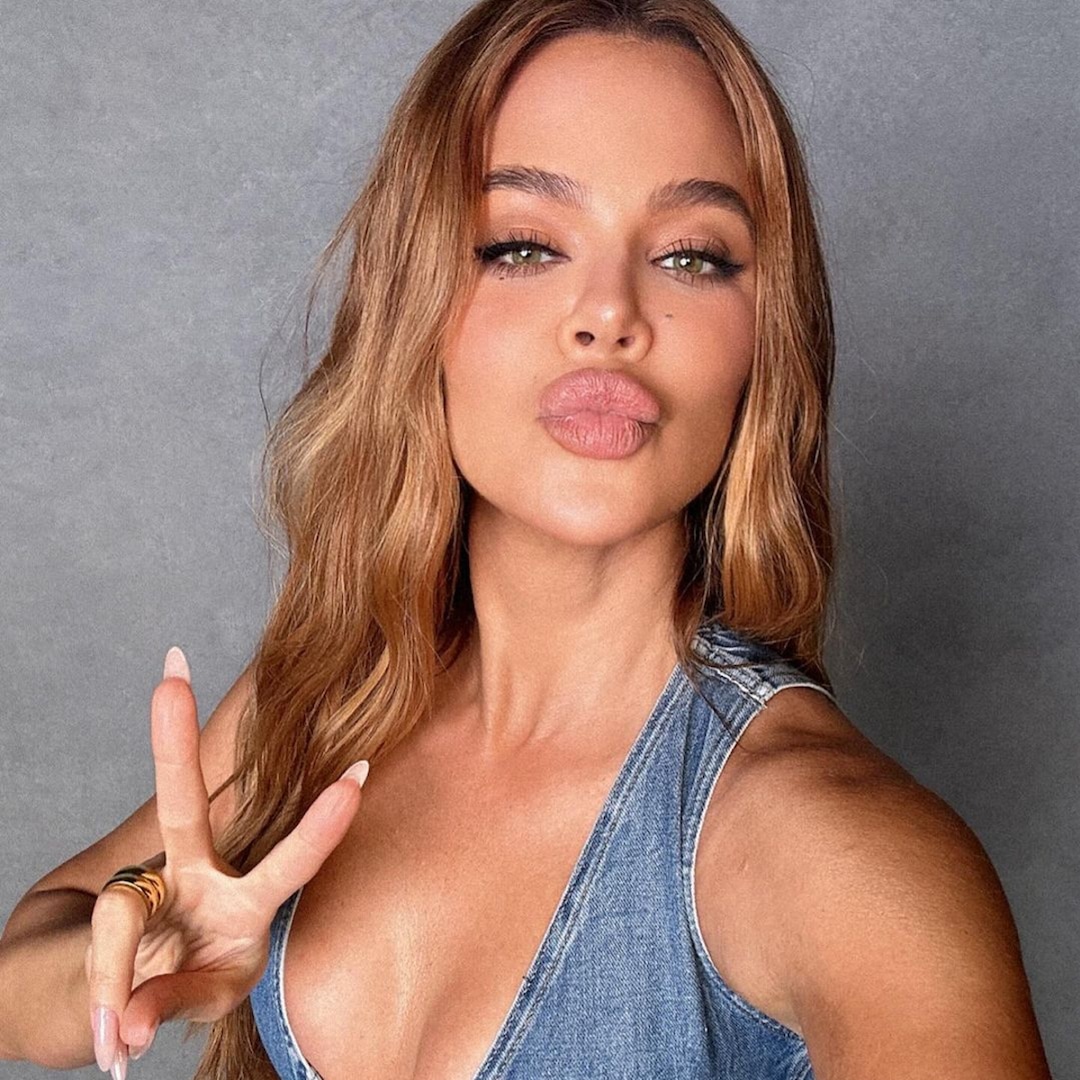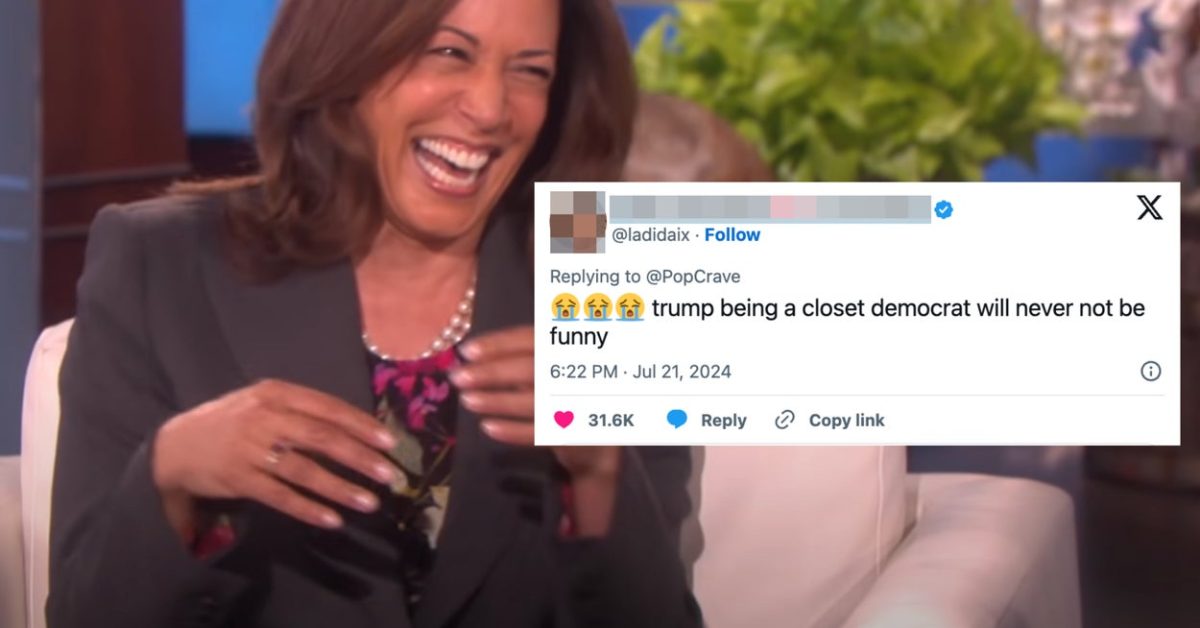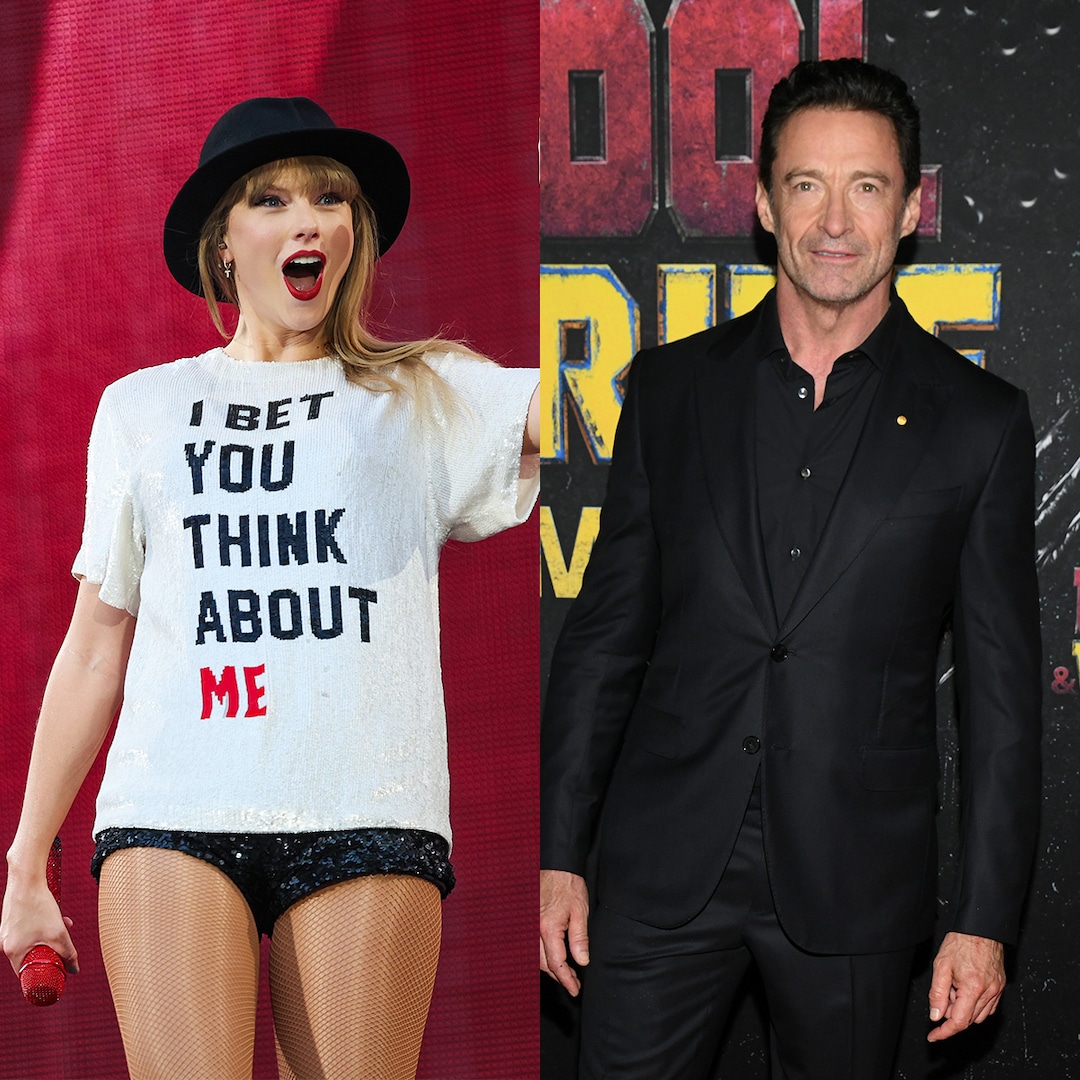
Hong Sangsoo Delivers A Delicate Portrait Of Age & Artistic Pursuit [NYFF]
Jan 3, 2023
“He’s not only who he is at home,” the friend of a Korean filmmaker tells the director’s daughter in Hong Sang-soo’s latest film. But “who he is at home” is at the heart of what “Walk Up” is all about. Structurally ingenious, with each of the film’s vignettes set on a different story of a Seoul apartment building, “Walk Up” follows another Hong-like filmmaker, Byung-soo (Kwon Hae-hyo) into different homes, which offer in turn different versions of who he is, or could be.
READ MORE: 2022 New York Film Festival Preview: 14 Must-See Movies
When the film opens, Byung-soo is meeting his teenage daughter (Park Mi-so) for the first time in five years. She thinks she kinda maybe possibly wants to be an interior designer, so he takes her out to lunch with his old friend Ms. Kim (Lee Hye-young) at the ground-floor restaurant of the building she’s bought, and where she keeps an interior design studio in the basement. Upstairs from the restaurant is a private dining room, then apartments on the third and fourth floors. Ms. Kim is the kind of landlady who lets herself in (the beep of the keypads is a recurrent sonic motif), and opens mail because “I thought it was for me.” She’s possessive of her friendship with award-winning Byung-soo, particularly in the film’s second sequence, when they dine, and drink, with the restaurant’s proprietress, Sun-hee (Song Sung-mi), who turns out to be the ideal viewer of Byung-soo’s (and Hong’s!) films: Sun-hee’s seen every one, appreciates how naturalistic the small talk is, knows that it’s okay to laugh at them, and loves to watch them at home alone while she drinks.
READ MORE: Fall 2022 Preview: 60+ Must-See Films To Watch
To an even greater degree than in most Hong films, the film’s scenes of casual small talk, awkward silences, polite smiles, and glasses clinked to change the subject, open up faultlines in the characters’ lives. This time, the characters are mostly drinking wine—a new libation in Hong’s well-lubricated cinema, and perhaps indicative of a filmmaker who feels more and more at home abroad. Indeed, Byung-soo’s daughter is particularly bitter about the breakup of her parents’ marriage, and what she perceives as the two-faced nature of her dad, who seems to be a different person away from his family, who, she says, allows himself to express his fears and anxieties at home, pace the perceptions of his adoring public.
Hong’s work has a diaristic quality—he writes and directs multiple films a year, featuring many of the same actors, and scripts the next day’s pages the night before shooting, in addition to serving as his own producer, editor, and composer. His partner Kim Min-hee, credited as Production Manager, is among only a handful of other crew members on “Walk Up”. Shot in digital black-and-white, with the simultaneously recorded sound taking on a raw quality full of the hum and crackle of wind and urban noise, “Walk Up” feels like an off-the-cuff check-in with the same recurrent yet evolving concerns from Hong’s life. Along with a newly acute, bitter and burdened perspective on family estrangement—Hong has been separated from his wife, who does not wish to divorce him, since news of his affair with Kim became public—“Walk Up” is particularly concerned with Byung-soo’s health problems, which seem to mirror Hong’s.
As he did in 2020’s “The Woman Who Ran,” structured around a woman played by Kim Min-hee’s visits to three successive apartments, Hong explores the narrative and structural possibilities of modern atomized living. In “Walk Up” he discovers a new point of visual interest in the apartment building’s steep stairway, introducing vertically canted angles into his cinematographic vocabulary, and the four floors and basement allow him to elaborate on “The Woman Who Ran”’s modular rigor. Bittersweet plucked strings on the soundtrack indicate whenever the next cut will indicate the passage of time, and each jump forward finds Byung-soo in a new domestic situation within the apartment building.
Eventually, he, he lives on the third floor, with Sun-hee, who tries to look after his health: she cooks him salads, and he only vapes around her (but smokes on the balcony when she steps out). Their bond is founded on a shared sense of vulnerability and understanding, but troubled by the hunger-pangs of abstemiousness, stemming not just from his diet but also his low-budget filmmaking, with Hong’s inevitable digression into the ins and outs of Korean film financing taking on a particularly sharp and personal edge when a film festival offers to fly out him but not her. When Sun-hee meets an old friend for coffee, over Byung-soo’s passive-aggressive objections, he retires to the bedroom to dream up a “What I should have said” conversation and reconciliation; strikingly, he’s much freer and open in his head than he’s able to be in real life. Maybe he’s just not built for shared struggle; in the film’s final movement, he ends up on the top floor in an undemanding relationship with a woman who serves as cheerleader and nursemaid, buying him expensive cigarettes and cooking him steak, indulging and complimenting him.
Is the film chronological? Does Byung-soo sleep his way to the top, as it were? The film culminates with a roof-deck fantasy of divine affirmation achieved on the shoulders of everyone below him who came before. In that case, the film’s circular ending scene, which follows immediately, is a poignant, not to say guilt-stricken return to innocence, and the start of a journey full of gains and losses that haven’t happened yet. Alternatively, the stray story bits that echo through “Walk Up”—leaky floors, a beloved car, moving to Jeju Island as symbol of the possibility of renewal—could mean that each scene is an alternate reality, and the ending returns us to the headwater from which any of them might, conceivably, flow forth. The defining image of “Walk Up”’s is that stairway, a tight spiral, like Hong’s filmography, circling around itself as it moves onwards and upwards. [A-]
The New York Film Festival runs from September 30 to October 16. Follow along for all of our coverage from the festival here.
Publisher: Source link
Lamorne Morris Thinks Kamala Harris Has This Advantage Over Donald Trump
Trump said that President Joe Biden, who dropped out of the race on Sunday while recovering from COVID-19, never really had the infection. “Really? Trump thinks Biden never had COVID?” Morris said on Monday. “You don’t pretend to have COVID to get out…
Jul 26, 2024
Khloe Kardashian Is Ranked No. 7 in the World for Aging Slowly
Khloe Kardashian's body is out for more than just revenge. In fact, the 40-year-old is one of the world's slowest agers—a revelation she learned after taking a blood test to determine her body's biological age compared to her calendar age.…
Jul 26, 2024
Reactions To Trump’s Kamala Harris Donation
Just as many white Americans used their Obama vote to excuse their internalized racism, Lauren Boebert seems to have adopted this same ideology, ignoring Trump's long record of racism against African Americans, Mexicans, Hispanics, Native Americans, Muslims, Jews, and immigrants, and discrimination against women and…
Jul 25, 2024
Hugh Jackman Reveals What an NFL Game With Taylor Swift Is Really Like
Hugh Jackman is happy to fill any blank space in Taylor Swift’s NFL game suite. In fact, the Deadpool & Wolverine star recently detailed his experience attending a Kansas City Chiefs game to root on Travis Kelce, alongside Ryan Reynolds,…
Jul 25, 2024











